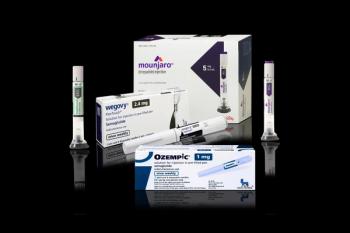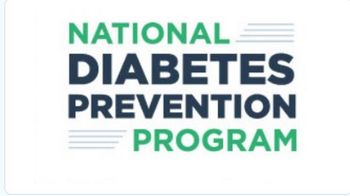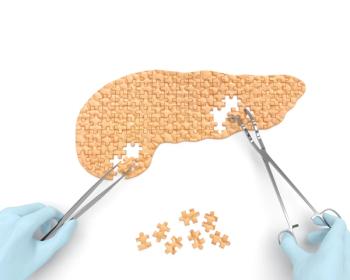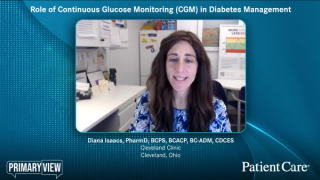
Diabetes
Latest News

Latest Videos

CME Content
More News

The American College of Lifestyle Medicine recently published "that guideline," and lead author Richard Rosenfeld, MD, MPH, MBA, says the timing was right.

Your daily dose of the clinical news you may have missed.

These 14 recommendations from the American College of Lifestyle Medicine comprise the core of the first-ever guideline centered on lifestyle change as a first-line intervention.

High discontinuation rates as well as lower maintenance dosages of semaglutide and tirzepatide were among the independent predictors of lower real-world weight loss.

Novel guidelines include specific strategies that support the prescription, implementation, and monitoring of lifestyle changes to reach glycemic control and, possibly, disease remission.

Your daily dose of the clinical news you may have missed.

Adults with both HTN and T2D had more than twice the risk of all-cause mortality and nearly three times the risk of cardiovascular mortality, according to new data.

GLP-1 receptor agonists showed promise in lowering obesity-related cancer risks in adults with type 2 diabetes, particularly colorectal cancer.

EASL 2025. DA-1241 significantly reduced plasma ALT levels, improved systemic inflammatory and fibrosis biomarkers, according to drug developer MetaVia.

Your daily dose of the clinical news you may have missed.

Persistent hyperglycemia between ages 17 and 24 tripled the risk of left ventricular hypertrophy and did so 5 times faster among young women, a new study found.

Your daily dose of the clinical news you may have missed.

New data to be presented at ECO 2025 shows new-onset T2D is linked to increased risk of liver, pancreatic, and bowel cancers, but not endometrial or post-menopausal breast cancer.

Accuracy of data recorded with the GlucoBeam was found to be comparable to standard finger-stick blood glucose tests.

The extended wear benefit is augmented by the G7 15 Day CGM system's superior evidence-based accuracy, with a MARD of 8.0%

Breaking research presented at ACP Internal Medicine 2025 showed that switching GLP1-RAs resulted in better glucose and weight control among adults with inadequately controlled T2D.

ACC.25. The results seen with the only oral GLP-1 mimetic reflect "a profound clinical impact" for adults at high risk for MACE who are averse to injectable therapy.

Your daily dose of the clinical news you may have missed.

Mean reduction in HbA1c was nearly 1% after transition from MDI plus CGM to Omnipod 5 in the first randomized trial to evaluate the shift in mode of insulin delivery.

The 30-year program has tracked and compiled data on diabetes prevention, treatment, and outcomes, providing a foundation and insights for international research.

A new economic evaluation estimates that semaglutide would need to drop its current price by 81.9% and tirzepatide by 30.5% to be cost effective.

The iLet bionic pancreas system conferred an average glucose of less than 183 mg/dL in 97% of adults with T1D in a small study.

Your daily dose of the clinical news you may have missed.

Merilog joins two long-acting insulin biosimilar products approved in 2021, bringing the total to three insulin biosimilars available in the United States.

Your daily dose of the clinical news you may have missed.






































































































































